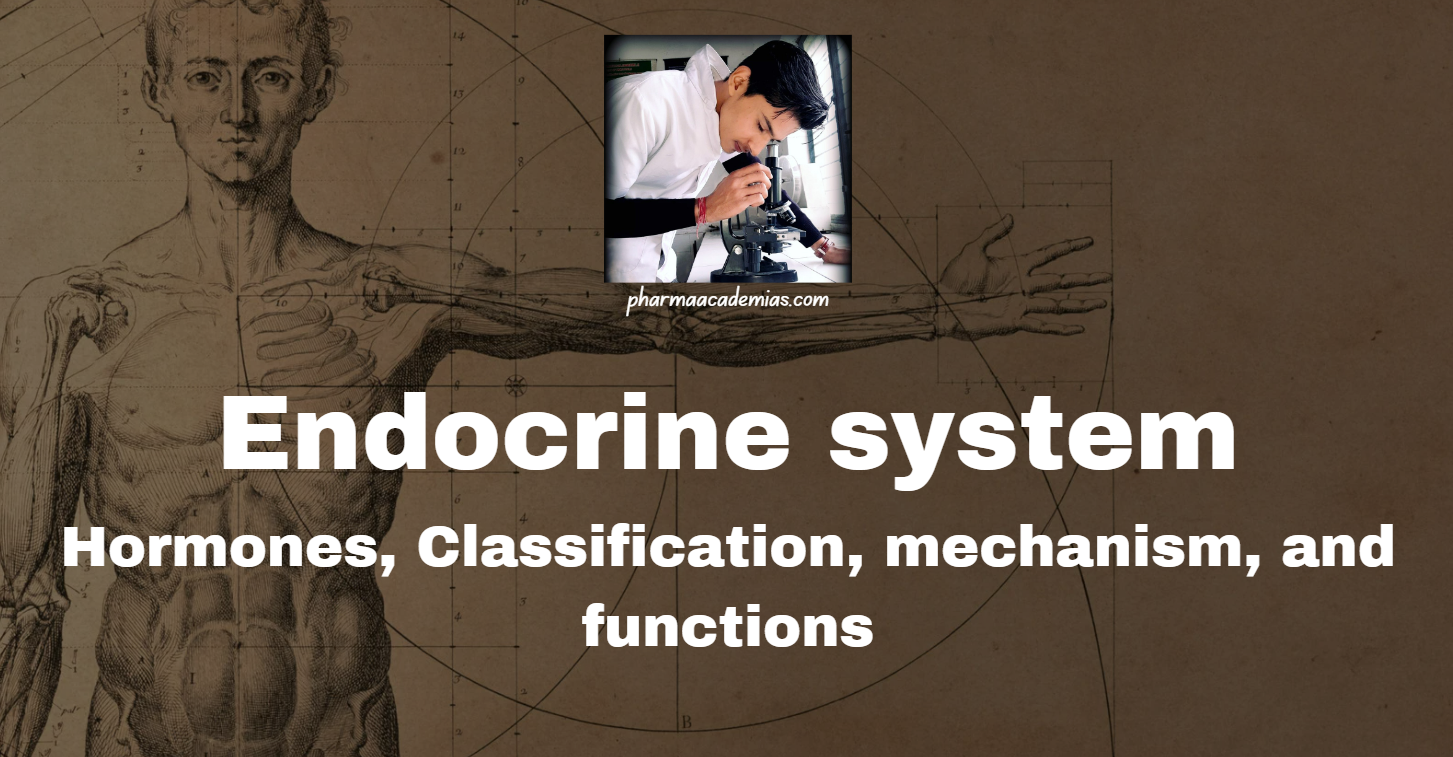Noradrenaline (Norepinephrine): Synthesis and Significance
Noradrenaline, also known as norepinephrine, is a crucial neurotransmitter and hormone involved in the regulation of various physiological processes, including the fight-or-flight response, attention, arousal, and mood. It is synthesized primarily in the adrenal medulla and the locus coeruleus in the brain. This detailed note explores the synthesis, biological roles, and clinical significance of noradrenaline. … Read more









